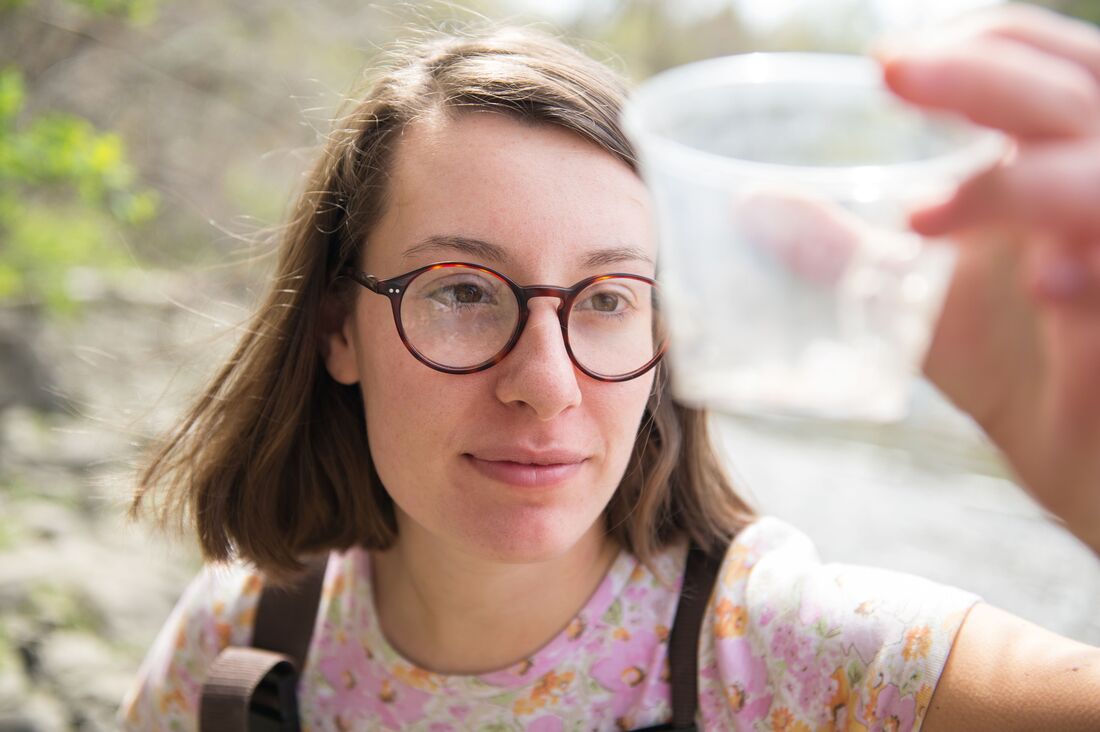In the biology program at Bard, we believe that one of the best ways to understand science is to do scientific research. From introductory courses through to the senior projects completed by each Bard graduate, our students learn about research through first-hand experience.
Course-based research experiences
Students in many of our courses conduct research related to the topic of the course. For example, in Case Studies in Medical Microbiology, students work with Professor Brooke Jude to isolate actinomycete bacteria that have antibiotic properties. In Animal Behavior, students work with Professor Bruce Robertson to design and conduct a class project. Students at the introductory level also have the option of taking a course that focuses on a research project. For example, Professor Cathy Collins teaches first-year students how to determine the niche breadth of fungal pathogens that attack plants.
Summer research
Students with a strong interest in research may choose to spend a summer conducting research at Bard, through the Bard Summer Research Institute, or through a research opportunity elsewhere. Each fall, biology faculty offer a workshop on about how to plan a meaningful summer, including where to find research opportunities.
Senior projects
For their senior project, each student asks and answers a scientific question, placing that answer in a larger scientific context. Completing such a project requires students to draw on skills and knowledge acquired over their entire education at Bard, but also challenges them with experiences that emerge only in the process of conducting such a long and independent project. Among the emergent components of senior project are the need to show resilience in response to challenges, increased experience with when and how to seek help from others, and deeper understanding of how scientific knowledge is built from the results of research. A successful senior project makes a meaningful contribution to research and provides the student with experiences that are of benefit in many future professions, including the experience of reflecting on one’s own process and its relationship to a final product.


